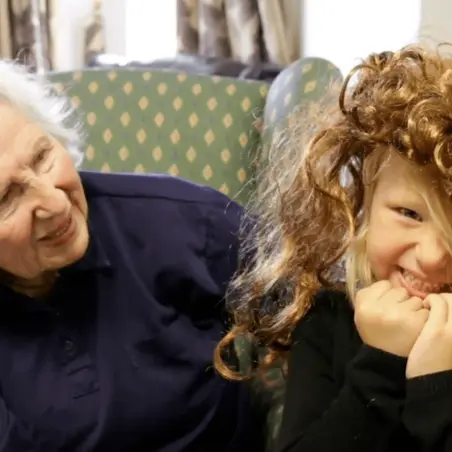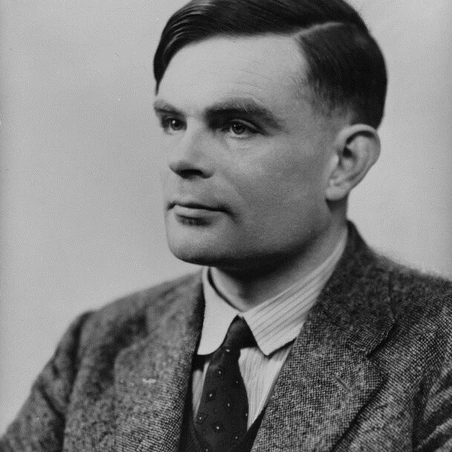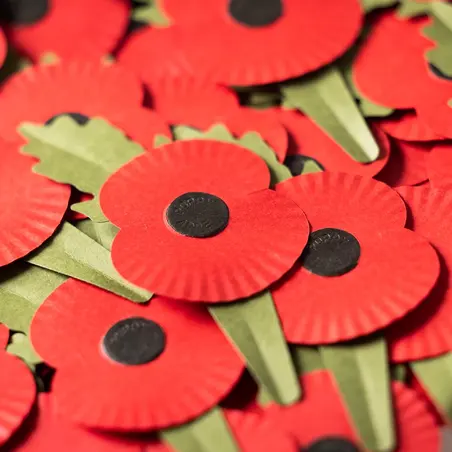Gilbert Bradley and Gordon Bowsher fell in love shortly before the beginning of the Second World War; however when Gilbert joined the army their relationship survived through beautifully crafted letters.
The letters, which were on display at our Birmingham Pop-In Centre in March, came to light thanks to Mark Hignett, the Curator of Oswestry Museum.
After coming across 600 of the letters in 2017 he began piecing the story together. Initially, he thought they were between a man and woman. It was only once he discovered the ‘G’ signing off the letters was a man that he realised their historical significance.
Wonderful comments from a bygone age.Mark HignettCurator of Oswestry Museum
As wartime stories of homosexual relationships go, theirs is a happy one.
It didn't end in persecution, nor do their letters dwell on the difficulties they presumably faced. The content instead focuses on the things they enjoyed, including the small amount of time they spent with one another.
Nevertheless, the constraints of the time seep into the letters in heart-breaking ways.
Where most happy wartime love stories end in the re-uniting of two lovers, theirs could not.
“I get panic-stricken when I think of the prospect of going back to civil life and still be unable to have you with me," Gordon wrote.
The two men were taking a tremendous risk by exchanging letters. Homosexuality was illegal until 1957, and partaking in any homosexual act was punishable by 10 years in prison.
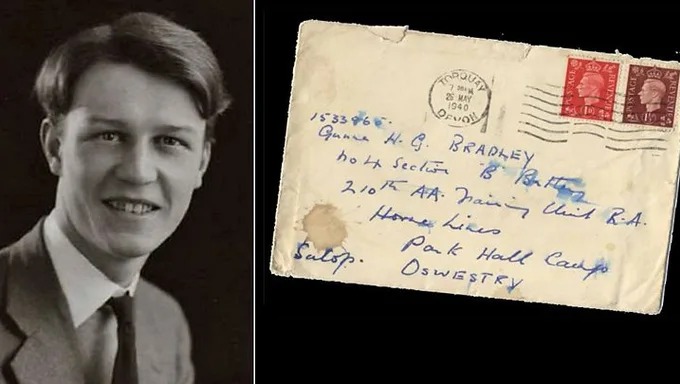
Luckily, neither suffered legal prosecution for their sexuality, but that didn’t mean they weren’t affected by the law of the time.
The two men clearly placed a lot of importance on how the world viewed their relationship, and felt it couldn’t be real without widespread approval.
Wouldn't it be wonderful if all our letters could be published in the future in a more enlightened time.Gordon BowsherExtract from letter to Gilbert Bradley
“To me, our love is so great that I feel it cannot exist without all the world being aware of it," Gordon writes. “I feel that all our happiness and all our unhappiness should be shared”.
Gordon’s fixation on this ideal leads him to write that the letters “should be published one day when the world becomes wiser and more broad-minded”.
Incredibly, that day is upon us. “Gordon, we’re getting there," Hignett says. “The time to publish yours and Gilbert’s story is now”.
Hignett’s own transformation is a part of the story too. He confesses that the letters have changed him profoundly. Speaking at the LGBT History Festival in Shrewsbury, he jokes that if his daughter had ever told him he’d be there, he’d have laughed at her.
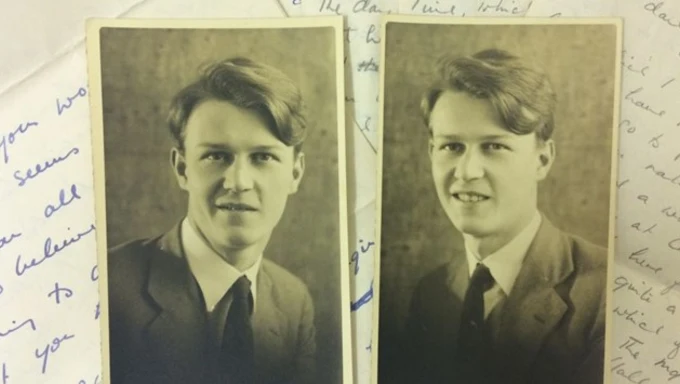
Now, he’s seizing every opportunity he can to stress the lesson of the letters: how proud we should be to be living at a point in time where we can truly respect the love felt between Gordon and Gilbert.
RBL’s David Fairclough, Information & Advice Team Leader, agrees. “They demonstrate how far we have come in society," he says.
“It’s a fascinating tale we can’t wait to share with the Armed Forces community and wider public”.


